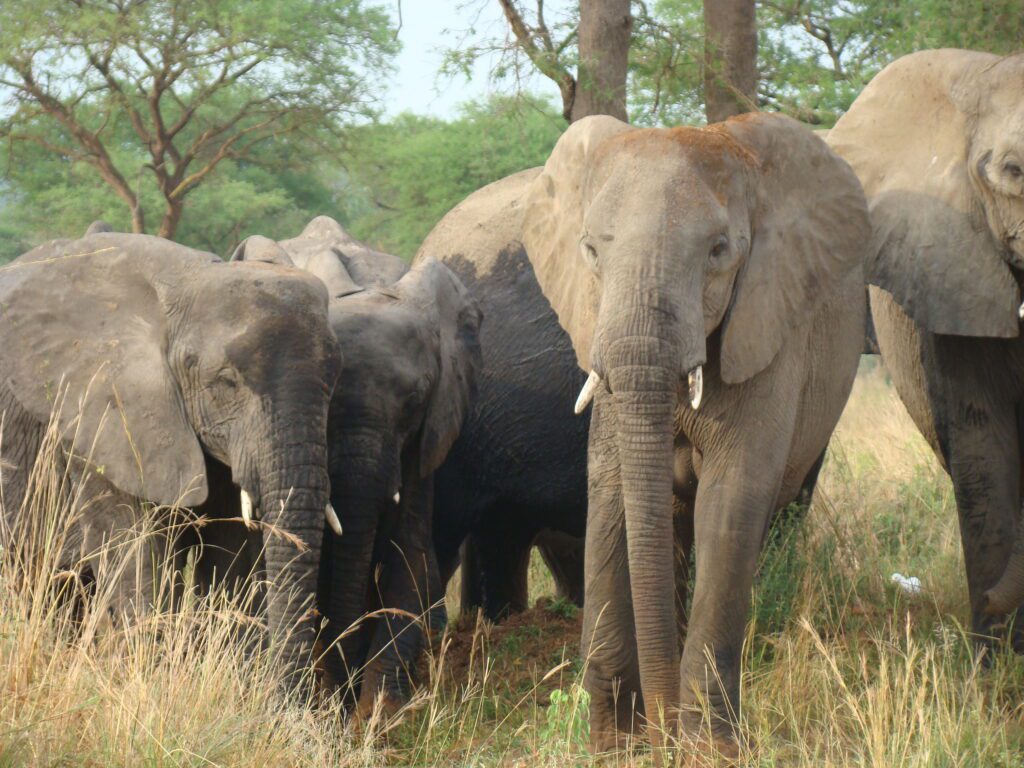- Overview
- Trip Outline
- Gallery
No details found.
Itineraries
Day 1
ARRIVAL NAIROBI
Meet at the airport and transfer to hotel. Overnight in Nairobi
Day 2/3
AMBOSELI
Nairobi was established in 1896, on a plateau 1600 m above sea level as a direct result of the construction of the Mombasa - Lake Victoria railway line. Its name originates from a small river called 'Enairobi', meaning 'cool' in Masai. The Kenyan capital is now a modern city with a population of over one million. The tar road leads us to the colorful, bustling border town of Namanga with Amboseli National Park just a short drive away on the dirt road.
The white and crystalline snows of Mt. Kilimanjaro provide a majestic backdrop to a spectacular display of wildlife. Amboseli comprises several different wildlife habitats - a seasonal lake, swamps and marshes, open plains, woodlands and lava rock thorn bush country. Lions and cheetahs are common, as well as buffalos, waterbucks, hartebeests, impalas and gazelles. The park is renowned for its large herds of elephants.
Overnight in the park and in Namanga
Day 4
RIFT VALLEY – LAKE NATRON
West of Monduli hill an almost invisible track runs towards the tall volcanoes standing out on the horizon. At the foot of Kitumbeine lies a wide basin which is often flooded during the rainy season and constitutes a very important grazing area for cattle and numerous antelope and zebra.
Overnight on Ngaro Sero riverbank
Day 5
LAKE NATRON –NGORONGORO
Just before sunrise, we venture down to the lake to feel the unique atmosphere of this mineral world. As we climb out of the Rift Valley up the steep escarpment several hundred meters high, we take a last look towards Mt Gelai and the shimmering surface of Lake Natron. As the dirt track wends its way across the plains, cattle and wildlife graze harmoniously side by side.
However, during February and March thousands of young wildebeests are born in this area. This is a veritable feast for the lions and hyenas that follow the migration.
Overnight at the crater rim
Day 6
NGORONGORO
The 600m deep caldera shelters the most beautiful wildlife heaven on earth. Stunning views and scenic grandeur are the hallmark of this natural wonder. The caldera is home to a microcosm of East African game, with a permanent population of 30,000 animals. It is one of the few places in Africa where you stand a very good chance of seeing ‘The Big Five’.
Overnight at the crater rim
Day 7/8/9
SERENGETI
Visit the museum of Olduvai Gorge where Louis and Mary Leakey discovered fossils of early man. The Serengeti National Park has the greatest concentration of game in Africa. Two million wildebeests, half a million Thomson's gazelles, and a quarter of a million zebras roam its endless plains. From November to May during the rainy season, wildebeests and zebras congregate onthe open grasslands: This annual migration through the Serengeti is one of the most wonderful sights in the natural world. Many carnivores such as wild dogs, lions, cheetahs and hyenas follow the migration, making sure that only the fittest survive.
The diverse habitats of the Serengeti support some 30 species of large herbivores and nearly 500 species of birds. Some of the largest crocodiles in Africa can be seen on the banks of the Grumeti River. Bird life is everywhere. Eagles, marabous, ibis, storks, hornbills, and ostriches abound. Our daily game drives vary depending on the season and the concentration of animals. Crossing the reserve from the East to the West, we head up to Lake Victoria.
Overnight in or near to the park
Day 10
LAKE VICTORIA – EASTERN TANZANIA
Lake Victoria is Africa’s largest lake, and one of the least visited parts of Tanzania. Spend several hours with fishermen drying or salting their catch of the day, namelyNile perch, tilapia, and ndagala.We pass through Mwanza, an important port with a lovely waterfront to the ferry that will take us to the southern lakeshore. The local villagers farm cattle and crops. (Rice, cassava, cotton).
Overnight in Geita
Day 11
RUSUMO – RWANDA
Heading south of Biharamulo, the red laterite track follows a steep plateau, passing through many villages, before starting to meander through the high rocky hills and the border post of Rusumo. Here, the sinuous river Akagera plunges into a spectacular waterfall. We cross into Rwanda, deep in the heart of Africa. This eastern part of the country is sparsely populated. Arrive at Akagera National Park.
Overnight in the park
Day 12
AKAGERA NATIONAL PARK
Seen from the Highlands, home to the shy oribi and to the elusive topi, the undulating hills, rolling grassland and an extensive series of lakes linked by papyrus swamps are a breathtaking sight. Elephants, buffalos, giraffes, zebras, waterbucks are some of the species roaming this peaceful heaven. The many diverse habitats of the park ensure a remarkable variety of bird life, with over 500 known species.
Overnight in the park
Day 13
THE LAND OF A THOUSAND HILLS
The countryside is a patchwork blanket in various colours of green. From the bluish green of the eucalyptus trees planted on the hilltops, the dark green of the cypresses lining the narrow tracks, to the soft green of the rice fields in the wet valleys. The inhabitants, mainly a Hutu majority of Bantu origin and a Nilotic Tutsi minority, after years of terrible problems, have once again begun to appreciate the benefits of peace. An agreeable climate explains the extraordinary diversity of farming: coffee, tobacco, sorghum, potatoes, beans, and bananas.
Overnight near Volcanoes National Park
Day 14
MOUNTAIN GORILLAS
As the first light of dawn breaks through the curtain of mist clinging to the summits of Karisimbi, Bisoke, Sabyinyo, Gahinga and Muhabura, we make our way into the Volcanoes National Park. Tracking the gorillas through the unique vegetation can take several hours of challenging walking in wet and muddy conditions. To see a gorilla, the trek will have been worth the hardship.
Overnight near to the Volcanoes National Park
Day 15
DEPARTURE
Travel back to Kigali at a leisurely pace. Stop at market places.
Arrive at Kigali and transfer to the airport.





